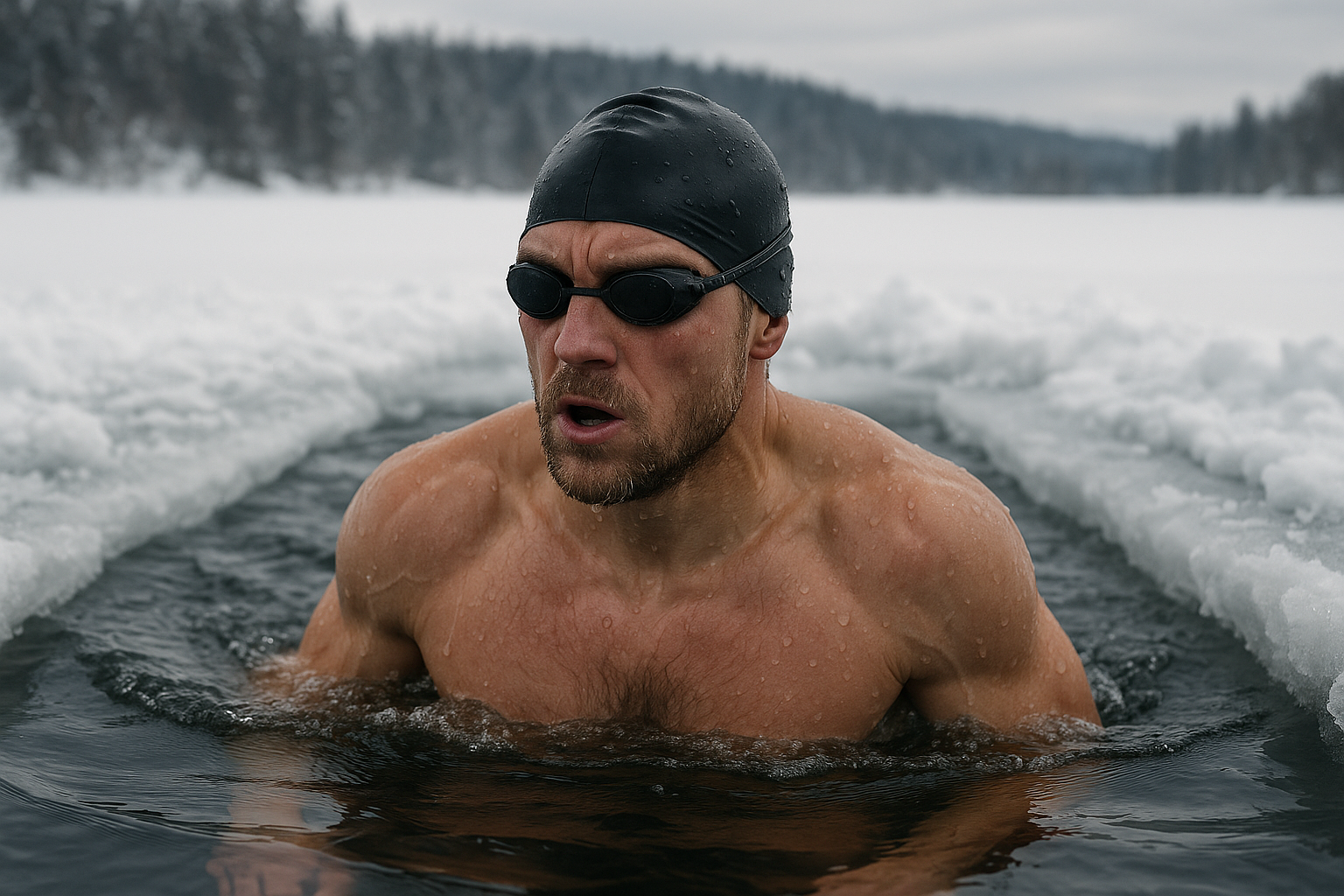Breaking the Ice: The Unconventional Allure of Ice Swimming
There's an unorthodox athletics discipline making waves in the sports world. It's a sport so chilling, it sends a shiver down your spine merely thinking about it—Ice Swimming. Ice swimming is not for the faint-hearted or heat-lovers. It's a test of human endurance, strength, and sheer willpower. This article will delve deep into the icy waters of this frosty sport, exploring its historical roots, current trends, and the astounding benefits and challenges it presents to its practitioners.

An Icy Immersion into History
Ice swimming, also known as winter swimming, has its roots deeply embedded in several cultures worldwide. In Eastern Europe, plunging into icy waters is a centuries-old tradition often associated with religious rituals or health benefits. The Finnish have been practicing ‘avantouinti’, translating to ‘ice hole swimming’, for ages, believing it enhances their sisu - a concept of extreme stoicism and resilience. Similarly, in Russia, it’s a popular activity during the Orthodox Epiphany, where thousands take a freezing dip, signifying a spiritual cleanse.
The Cold Current of Modern Trends
Over the years, ice swimming has morphed from a cultural practice into a recognized sport, with international championships and a growing community of enthusiasts. The International Ice Swimming Association (IISA), founded in 2009, has been instrumental in propelling the sport onto a global platform, promoting safety standards and organizing events. Today, ice swimmers can compete in distances from 50 meters to a ‘Ice Mile’, enduring water temperatures below 5°C (41°F), often without wetsuits.
The Chill Factor: Benefits and Challenges
The thrill of ice swimming comes with a unique set of benefits and challenges. Research suggests that regular ice swimmers experience improved mood, increased metabolism, and a boosted immune system. However, the sport is not without its risks. Hypothermia, ‘afterdrop’ (a dangerous drop in core body temperature post-swim), and cold water shock are potential hazards. Thus, thorough preparation and safety measures are crucial.
The Frosty Frontier: Real-World Applications
Ice swimming is more than a sport. It’s a mental and physical challenge that pushes the boundaries of human endurance. Participants often report a sense of euphoria and accomplishment after completing a swim, making it a powerful tool for building mental resilience. Additionally, the sport’s inherent risks have spurred interest in medical research, helping scientists understand human response to extreme cold.
Submerging in Research
The claims about ice swimming are backed by numerous studies. A study published in the Journal of Physiology found that cold water immersion can help reduce muscle inflammation post-exercise. Another study published in the British Medical Journal showed that winter swimmers had a higher count of white blood cells, indicating a stronger immune response.
In conclusion, ice swimming, while unconventional, is a fascinating sport offering unique benefits. As it continues to gain popularity, its influence extends beyond the athletic world, providing valuable insights into human physiology and resilience. It’s a testament to the power of human spirit, proving that even in the iciest of waters, our potential knows no bounds.




